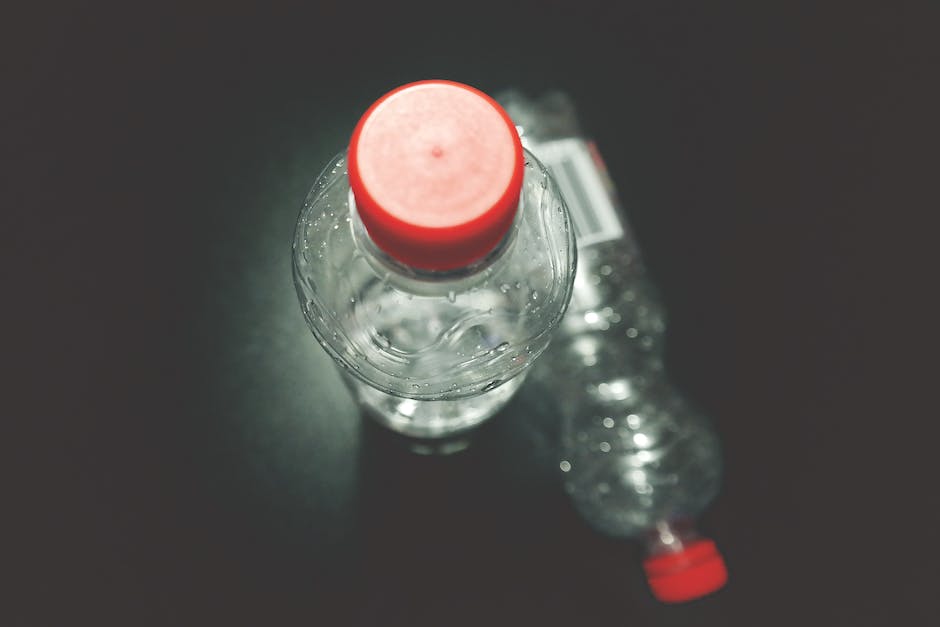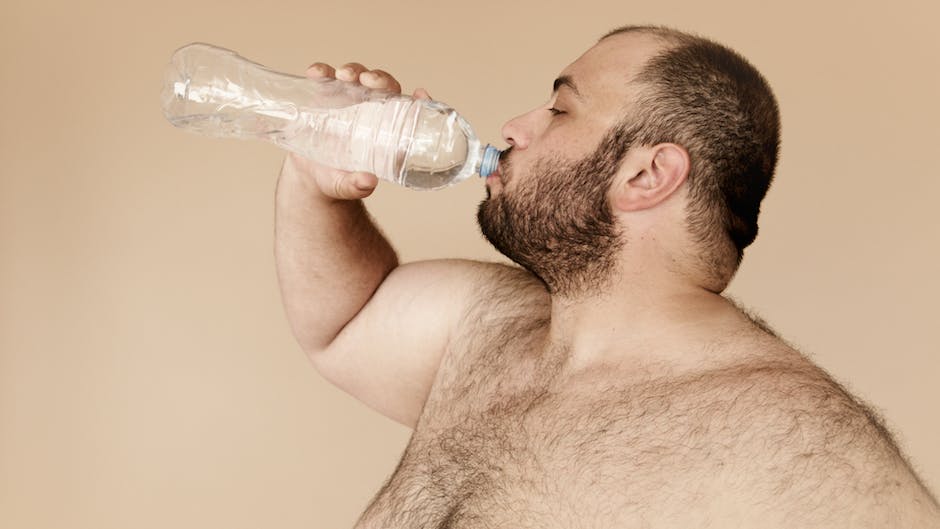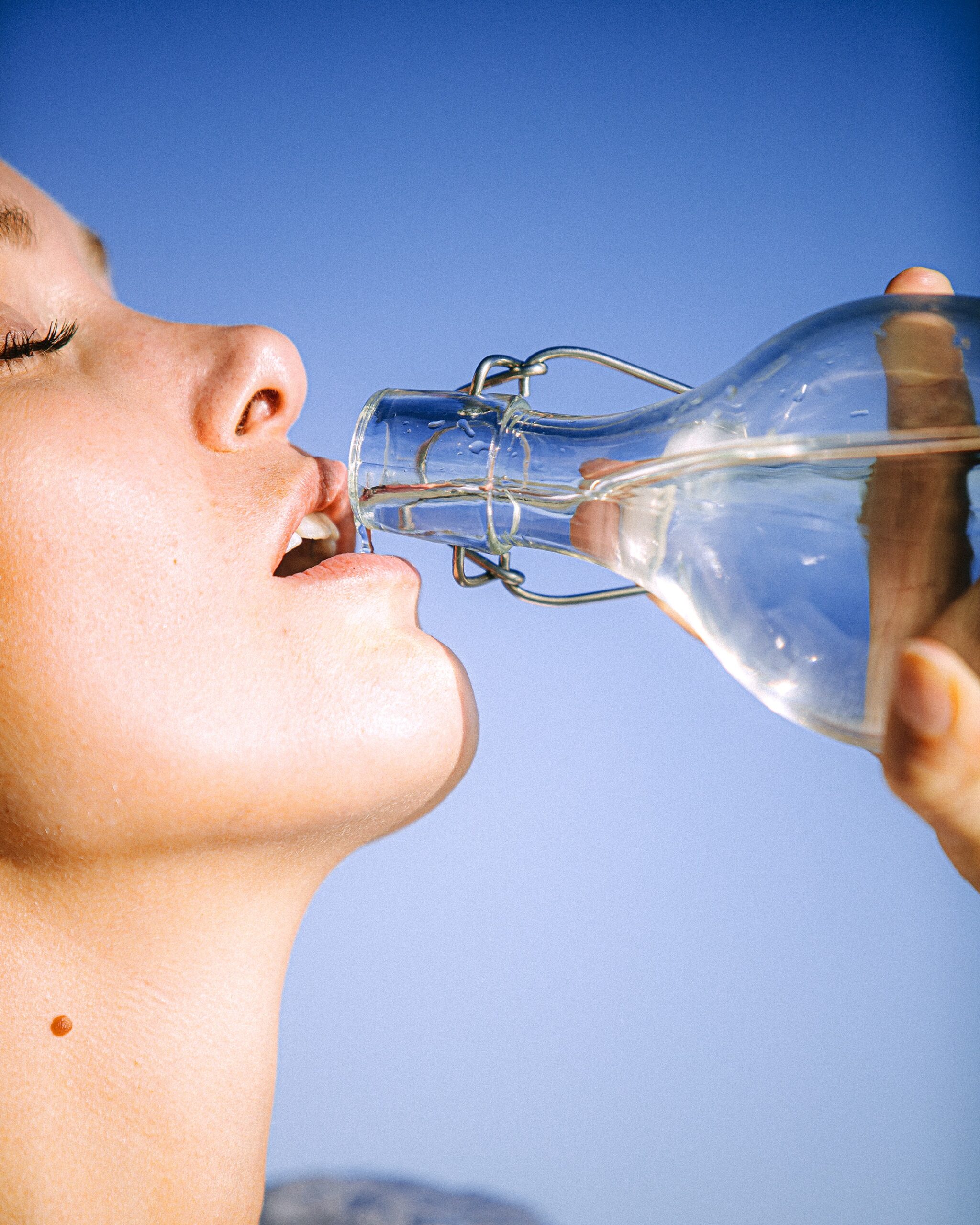Body hydration in the realm of fitness is as crucial as selecting the correct exercises or maintaining a balanced diet. This fundamental aspect, often overlooked by fitness enthusiasts, associates roundly with our performance levels, overall health, and well-being— especially when we engage in strenuous physical activities. From supporting vital bodily functions, facilitating muscle contraction to maintaining blood volume and regulating body temperature, water holds significant importance, a topic which the subsequent discourse unfolds in detail. Furthermore, we’ll delve into the realistic recommended water intake for individuals regularly engaged in exercise, a topic layered by variables like workout intensity, duration, ambient conditions, and personal body composition. Meanwhile, we’ll tackle the labyrinth of hydration myths teeming within the fitness industry.
The Importance of Hydration During Exercise
The Importance of Hydration During Exercise
Proper hydration is crucial for maintaining overall health, particularly during exercise. Water makes up over 60% of a human body, playing a fundamental role in various biological processes. During physical activities, water aids in temperature regulation, maintains blood volume, lubricates joints, supports cardiovascular function, and helps in muscle contraction, among other things.
The Impact of Dehydration on Performance and Health
Dehydration can significantly affect a person’s physical performance and health. It can lead to fatigue, decreased coordination, and muscle cramping, which can ultimately result in a drop in performance levels. Other dehydration symptoms include light-headedness, dry mouth, and excessive thirst. In severe cases, it can lead to serious health issues such as heat stroke, kidney problems, urinary tract infections, and even seizures.
How Much Water Do Fitness Buffs Need?
The recommended water intake varies based on factors such as body weight, gender, and the intensity and duration of exercise. According to the American Council on Exercise, an average adult should drink at least 17 to 20 ounces of water two to three hours before exercise. Then, 8 ounces during the warm-up, 7 to 10 ounces for every 10 to 20 minutes during exercise, and 8 ounces within 30 minutes after exercising. Those training in hot climates or for extended periods may require more water to replenish the extra fluids lost through sweat.
Hydration and Muscle Contraction
Water is particularly important for muscle contraction during exercise. Lack of water intake can result in muscle cramps or spasms due to an imbalance of electrolytes in the body. Maintaining hydration levels can aid in preventing this issue and ensure smooth, coordinated muscle movements.
Frequent hydration can also support the body’s recovery after a workout. It assists in metabolizing stored fat and carbohydrates, delivers nutrients to muscles, and removes waste products from muscle tissues following intensive exercise.
In a Nutshell
To encapsulate, the significance of water intake extends beyond merely quenching thirst. It’s a crucial determinant in optimal physical performance and overall health, especially for those who are fitness-oriented. Sensibly monitoring fluid intake, not only during workouts but also before and after, allows the body to function at its peak. This helps transform every exercise routine into a more efficient, beneficial, and enjoyable experience.

Recommended Water Intake for Fitness Enthusiasts
Deciphering Hydration Needs for Optimal Fitness
Hydration is an essential factor when it comes to fitness activities. Adequate fluid intake can illustrate the difference between peak performance and underperformance while ensuring overall well-being. On the contrary, dehydration can result in diminished strength and endurance, heightened susceptibility to injury, impaired focus, and an increased vulnerability to heat-induced ailments.
The fluid intake recommendations for active individuals vary, contingent upon a number of considerations. These encompass the severity of the workouts, the duration of the physical exertion, the environmental circumstances during the activity, and the unique body composition of the individual.
Factors Affecting Water Intake
Physical exertion, especially intense workouts, cause the muscles to produce heat which the body eradicates primarily through sweating. This causes a rise in the body’s water demand. So, individuals engaging in high-intensity or long-duration workouts will need more water than those doing low-intensity or short-duration exercise.
Climate significantly impacts the amount of water an individual needs. In hot weather, the body tends to sweat more, hence more water is needed to replace the lost fluid. Similarly, high-altitude exercises often require more hydration due to increased respiration rates.
Body composition is another factor. Muscle tissue holds more water than fat. So, individuals with higher muscle mass may need more hydration than those with higher fat percentage.
Recommended Water Intake for Fitness Enthusiasts
The American College of Sports Medicine recommends that intense exercise participants should drink about 17 ounces of fluid about two hours before exercise. During exercise, they advise to start drinking early and at regular intervals to replace all the water lost through sweating. The recommended intake is generally between 7-10 ounces of water every 10-20 minutes for adults.
After exercising, it’s vital to restore your hydration balance. For effective recovery, drink at least 16-20 ounces of fluid for every pound of body weight lost during exercise within two hours of workout completion.
It’s worth noting that these are general guidelines and individual hydration needs may vary. Therefore, it’s important to pay attention to what your body needs and adjust as necessary.
Effective Strategies for Meeting Your Hydration Needs
Staying hydrated around your workouts can sometimes seem like a balancing act, but there are some strategies you can use to help meet your water needs:
-
Having a water bottle within reach during your workout serves as a visual reminder that you need to drink up.
-
It’s not just beverages that count towards your daily water intake. Foods that are rich in water such as cucumbers, watermelon, oranges, and strawberries all contribute to your hydration status.
-
Drinks like milk, flavored water, and tea can help quench your thirst while sports drinks containing electrolytes can be beneficial – especially during intense or prolonged workouts. Remember, hydration is about more than just drinking water.
Stay in tune with your body, don’t wait until you feel thirsty before you drink and aim for a pale yellow color when you urinate to be sure you’re properly hydrated.

Hydration Myths and Misconceptions
Debunking the Myth: More Water Isn’t Necessarily Better
In the world of fitness, there’s an enduring myth that when it comes to water, more is always better. However, while staying hydrated is fundamental to both overall health and workout performance, overdosing on water can lead to a serious condition known as hyponatremia. This occurs when an excessive intake of water dilutes your body’s electrolyte balance. As outlined in research in The New England Journal of Medicine, symptoms can range from mild, such as nausea and headaches, to severe, like confusion and seizures, and in extreme cases, could even result in death. Therefore, the focus shouldn’t be on drinking excessive quantities of water, but maintaining a balanced intake.
The Myth: Drink Exactly Eight Glasses Of Water Daily
The “8×8” rule suggesting you should drink eight 8-ounce glasses of water daily is another pervasive myth. A study published in the American Journal of Physiology argues this rule remains unsupported by scientific evidence. Water intake needs can vary based on numerous factors, including age, size, sex, physical activity level, and environmental conditions. While the “8×8” rule is easy to remember and may work for some people, it should not be taken as a one-size-fits-all guideline.
The Myth: Thirst Is A Late Sign Of Dehydration
Another common misconception is that if you’re thirsty, you’re already significantly dehydrated. However, this isn’t universally true. A report from the National Academies of Sciences, Engineering, and Medicine states that thirst is actually a reliable indicator of when to drink for most people. It’s when this sensation is ignored over a long period that the risk of dehydration increases.
Shaping Reality From Myth
Understanding these myths can help fitness enthusiasts better manage their hydration needs. Rather than blindly conforming to generalized notions, a more personalized approach to hydration can optimize performance and safety. The right amount of water to drink can vary based on individual needs and circumstances. For guidance specific to your needs, consider consulting a registered dietitian or a healthcare professional.
Considerations
Certain factors can increase a fitness buff’s need for hydration. Intense or prolonged workout sessions, hot or humid weather conditions, high-altitude settings, and some medical conditions demand more water consumption. Staying in tune with the body’s signals, like thirst and monitoring the color of your urine, can help guide appropriate hydration.
Hydration Beyond Water
Moreover, it’s important to remember that hydration isn’t just about drinking water. Consuming foods with high water content, such as fruits and vegetables, can also contribute to your daily fluid intake. Additionally, electrolytes play a significant role in maintaining proper hydration. They can be found in many sports drinks, or you can get them from foods like bananas and sweet potatoes.
In conclusion, while hydration is key for fitness buffs, the approach should be balanced, based on factors like individual body needs, environmental conditions, and types of activities.

Proper hydration remains a cornerstone principle for fitness enthusiasts and those dedicated to maintaining their health. While blending in scientific research and practical application wisdom, we’ve managed to paint a comprehensive picture of just how crucial water is to our exercise routines and overall well-being. As we’ve clarified, water plays a key role in numerous bodily functions and significantly affects our performance when exercising. The insightful information shared here dispels prevalent myths and misconceptions and, importantly, highlights the potential dangers of overhydration. Therefore, understanding the correct principles of hydration extends beyond mere numbers and encompasses a more holistic approach that factors in individual differences and different circumstances. May this be a guide towards a healthier, more informed exercise and hydration regime.
